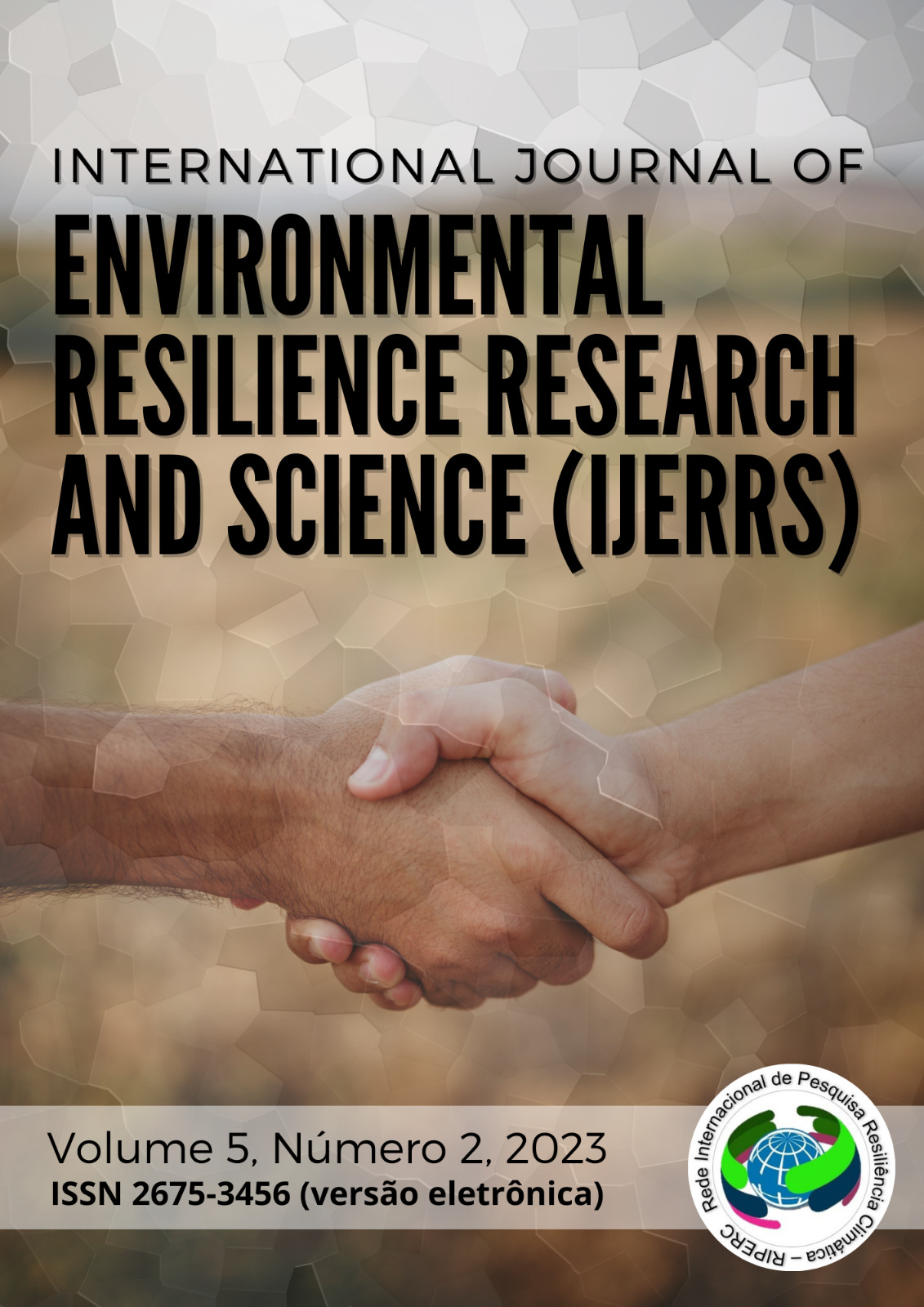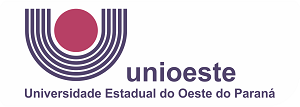Contribuições do Programa Cemaden Educação Frente aos Desafios da Emergência Climática e na Prevenção de Riscos de Desastres
DOI:
https://doi.org/10.48075/ijerrs.v5i2.32227Resumo
A humanidade dispõe de uma pequena janela de tempo para agir a fim de evitar ou minimizar diante das consequências vindouras e irreversíveis das mudanças climáticas. E dentre os cenários previstos haverá um aumento dos eventos climáticos extremos que potencializam os desastres. Nesse contexto, este artigo destaca a necessidade de promover ações concretas para enfrentar a emergência climática por meio de sinergias entre os campos da Educação Ambiental (EA) e da Educação em Redução de Riscos de Desastres (ERRD). Nesse sentido, o Programa Cemaden Educação (Cemaden//MCTI) envolve equipe multidisciplinar de pesquisadores(as), desde 2014, e emerge como agente catalisador da ERRD no Brasil a partir de abordagens transdisciplinares e intersetoriais que envolvem o potencial da ciência cidadã participativa, tecnologias da informação e comunicação e mobilização social com metodologias inovadoras em educação formal e não formal. Trata-se da construção de processos participativos que visam fomentar uma cultura de sustentabilidade, resiliência e proteção da vida.
Downloads
Publicado
Como Citar
Edição
Seção
Licença
Copyright (c) 2023 International Journal of Environmental Resilience Research and Science

Este trabalho está licenciado sob uma licença Creative Commons Attribution-NonCommercial-ShareAlike 4.0 International License.
Aviso de Direito Autoral Creative Commons
Política para Periódicos de Acesso Livre
Autores que publicam nesta revista concordam com os seguintes termos:
1. Autores mantém os direitos autorais e concedem à revista o direito de primeira publicação, com o trabalho simultaneamente licenciado sob a Licença Creative Commons Attribution que permite o compartilhamento do trabalho com reconhecimento da autoria e publicação inicial nesta revista.2. Autores têm autorização para assumir contratos adicionais separadamente, para distribuição não-exclusiva da versão do trabalho publicada nesta revista (ex.: publicar em repositório institucional ou como capítulo de livro), com reconhecimento de autoria e publicação inicial nesta revista.
3. Autores têm permissão e são estimulados a publicar e distribuir seu trabalho online (ex.: em repositórios institucionais ou na sua página pessoal) a qualquer ponto antes ou durante o processo editorial, já que isso pode gerar alterações produtivas, bem como aumentar o impacto e a citação do trabalho publicado (Veja O Efeito do Acesso Livre).
Licença Creative Commons
Esta obra está licenciada com uma Licença Creative Commons Atribuição-NãoComercial-CompartilhaIgual 4.0 Internacional, o que permite compartilhar, copiar, distribuir, exibir, reproduzir, a totalidade ou partes desde que não tenha objetivo comercial e sejam citados os autores e a fonte.









